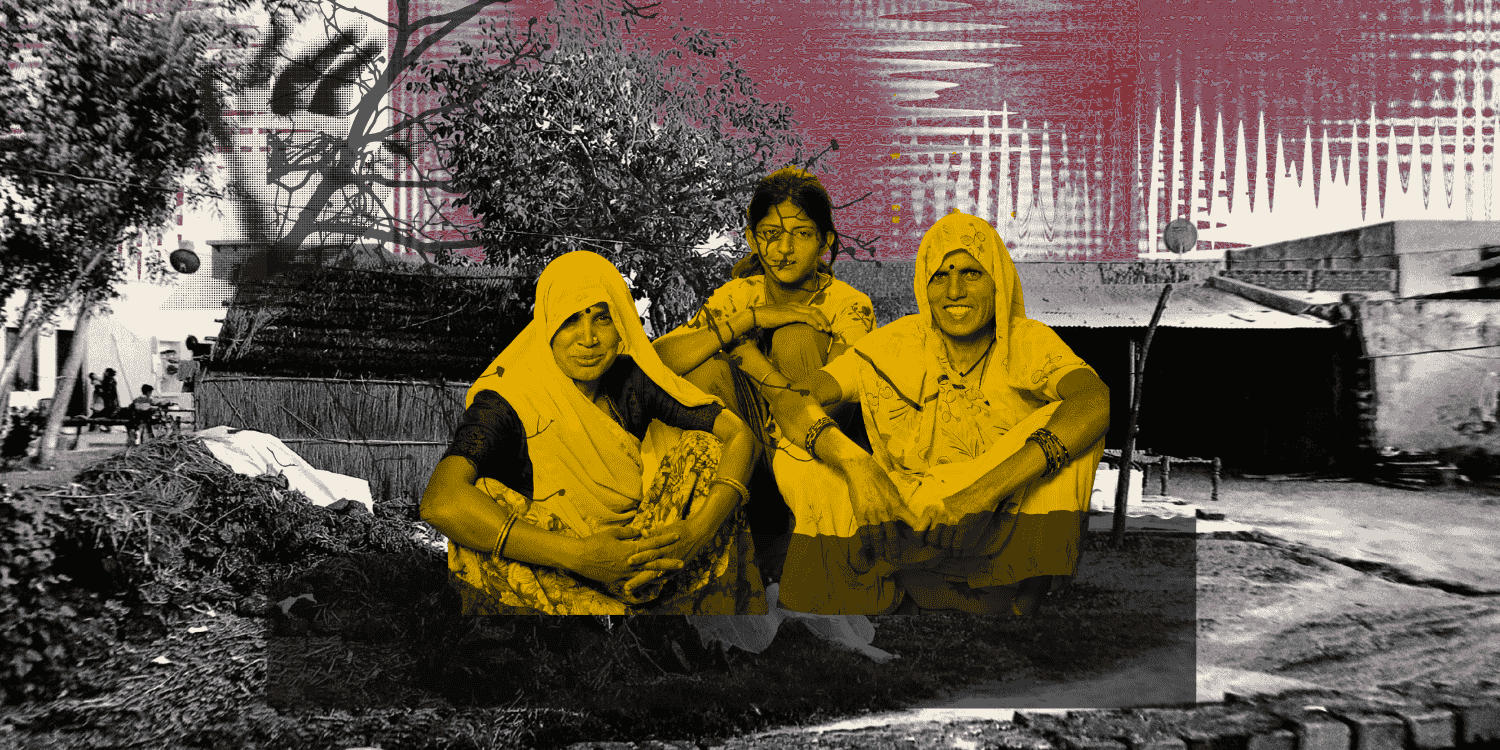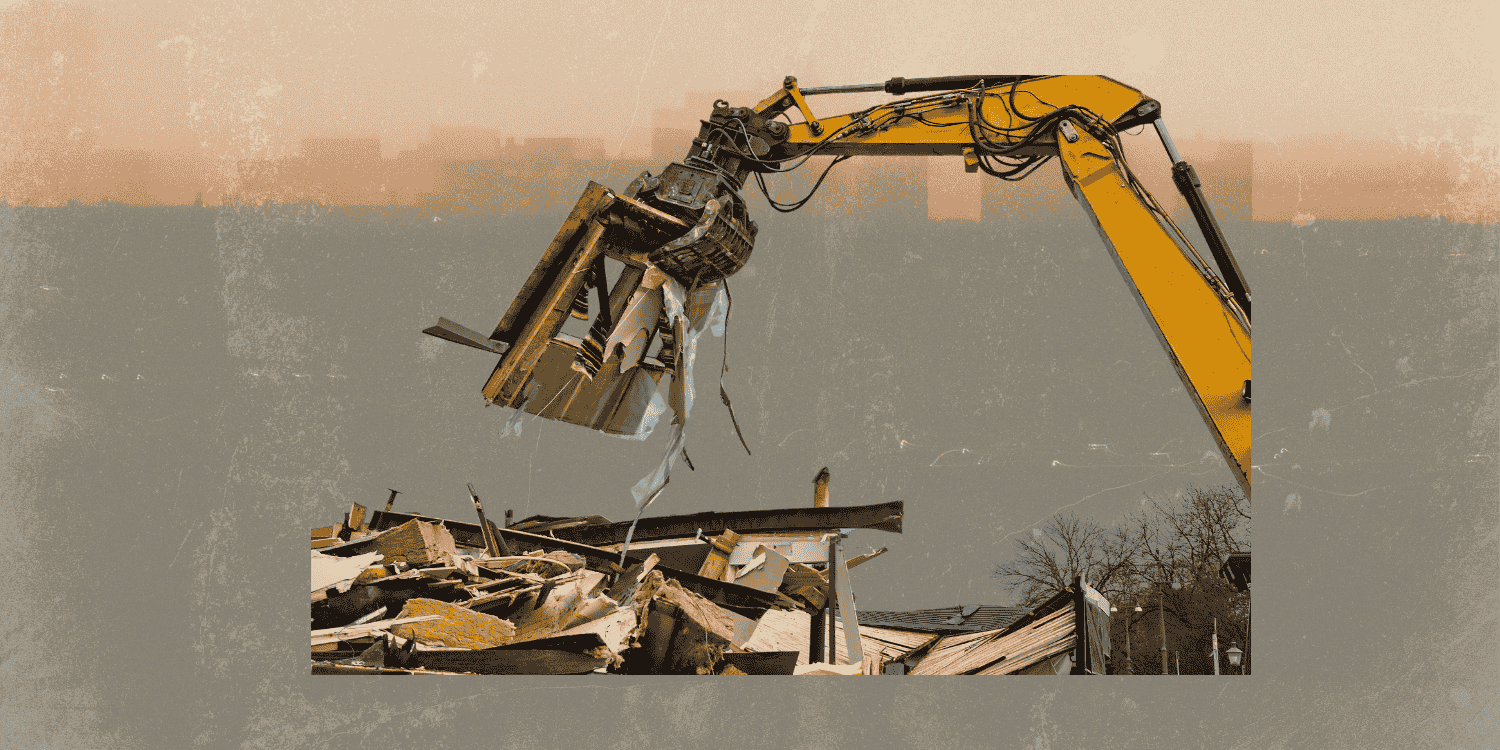ABSTRACT
February 2021 marks the completion of a year since women gained the right to be permanently commissioned across all ten branches of the Indian Army. However, available data shows that even after the Supreme Court judgement that mandated it, only 45% of lady officers were permanently commissioned compared to 90% of their male counterparts. This issue brief tracks the repercussions of the Supreme Court’s judgement on women’s ranks, pension, and opportunities in the Indian Army, with further examination of new institutional obstacles they have to overcome to be permanently commissioned.
CONTEXT
In a landmark verdict in February 2020, the Supreme Court of India (SC) concluded that women were qualified for Permanent Commission (PC) as well as for commanding positions equal to that of their male counterparts in the Indian Army (Secretary, Ministry of Defence v. Babita Puniya & Ors 2020). This was the culmination of a 16-year-long legal battle fought by 17 women officers who had been discharged from duty despite serving for 14 years, solely because they were female Short Service Commission (SSC) entries. Their victory now ensures that female officers will be eligible to permanently serve across all ten branches of the Army.
Half a year into the verdict, the forces stated that 70% of women were eligible for PC, which received widespread praise. However, a more in-depth look at the data reveals that while 70% of the 615 women were deemed ‘fit for a permanent commission’, only 227 (45%) had actually been granted PC (Figure 1 below).
Comparatively, 90% of male officers were cleared for PC (Rajagopal 2020). The initial 70% that the Army stated as eligible included 57 lady officers who had opted out of PC in addition to 42 who were in low medical categories, and those whose results were unavailable for the PC review (Ibid.).
Even after accounting for this miscalculation, the establishment’s persisting non-commitment to true women’s empowerment within the Army is evident. One year after the SC judgement, it is essential to analyse the systemic barriers that necessitated it and review the obstacles women officers still have to overcome in their journey towards PC.






